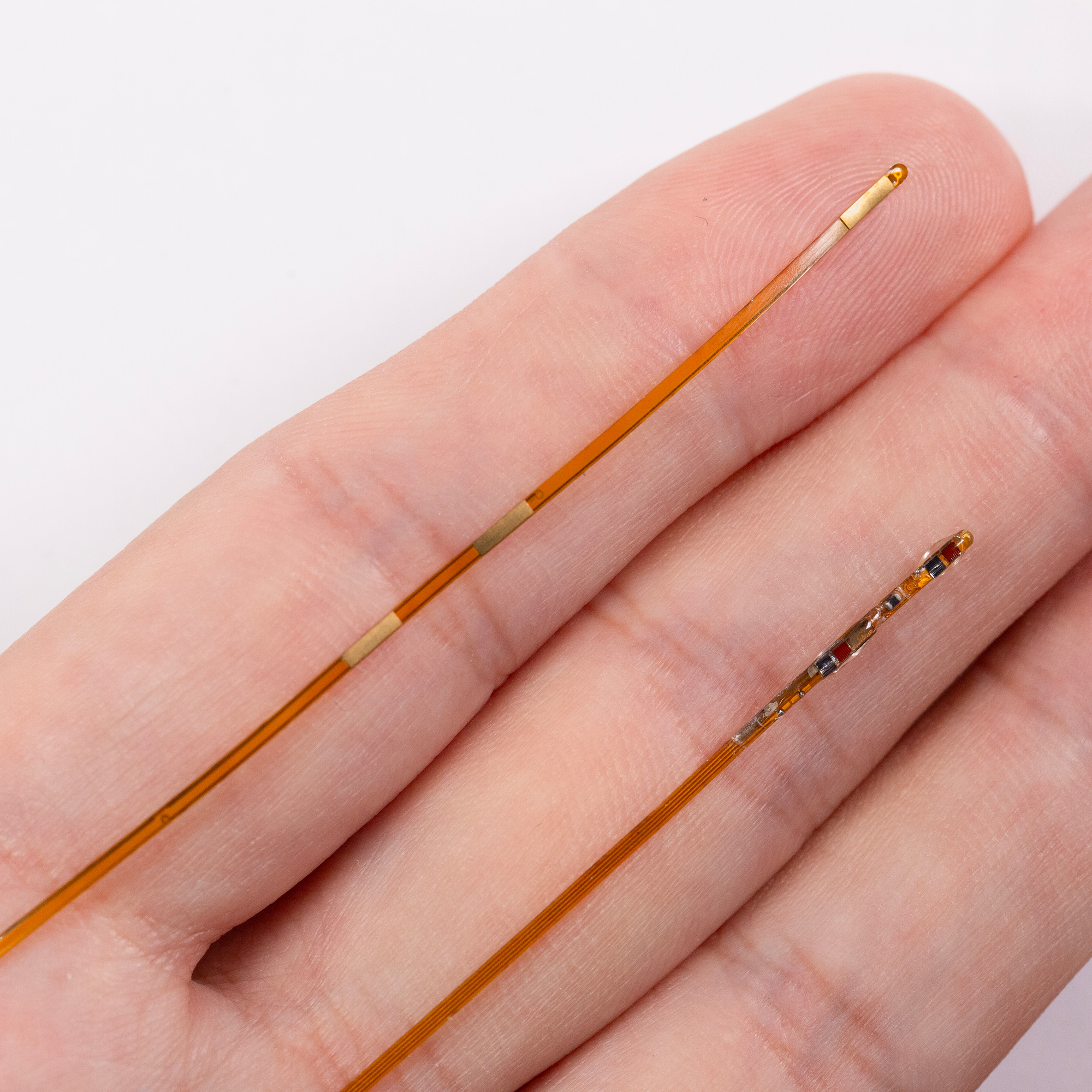Dr. Holl Leads NIH-Funded Study on Children’s Health
 |
| Dr. Jane Holl |
What are the most critical health problems of children in DuPage County, Illinois, and how can these problems best be prevented or treated?
Northwestern University’s Feinberg School of Medicine will help answer these important questions with an historic federally-funded study that will follow 1,000 children in DuPage County from before birth to age 21.
The Feinberg School has received a five-year, $14.5 million contract from the National Institute of Child Health and Human Development to study the health of children in DuPage County. This planned study will be part of the National Children’s Study, the largest study of child and human health ever conducted in the United States. The study will be conducted in Cook and Will Counties also.
“By better understanding the health of children in our communities, we can better understand how to improve their health and provide for their health care needs,” said principal investigator Jane Holl, MD, director of the Institute for Healthcare Studies at the Feinberg School.
“What we learn will not only help children and families in the area, but also children across the country,” said Dr. Holl, who also is an associate professor of pediatrics, and of preventive medicine at Feinberg and an attending physician at Children’s Memorial Hospital. “We want people to understand why it’s so important to participate.”
The National Children’s Study will assess a wide range of environmental and genetic factors on pregnant women, children, and adults. Its goal is to prevent and treat some of the nation’s most serious health problems including autism, birth defects, diabetes, heart disease and obesity.
“Many diseases that occur in adulthood have a beginning in childhood,” said Dr. Holl. “We hope to show that we can prevent or decrease many diseases by understanding what leads to the disease and by intervening much earlier.”
Study researchers hope to examine such things as what children eat, the air they breathe, the water they drink, the safety of their neighborhoods, how they are cared for, and how often they see a doctor. Researchers also plan to look at children’s possible exposure to chemicals from materials used to construct their homes and schools.
Scientists also plan to analyze biological substances like blood, urine, and hair from study participants to test for exposure to environmental factors and examine how these factors might influence their health.
The study centers were selected based on a strong ability to coordinate the collection of data for the study, build extensive community networks for recruiting eligible women and newborns, and a capability to protect the privacy of the information collected on participants.
The national study plans to recruit more than 100,000 children representative of the entire population of American children.
Marla Paul






